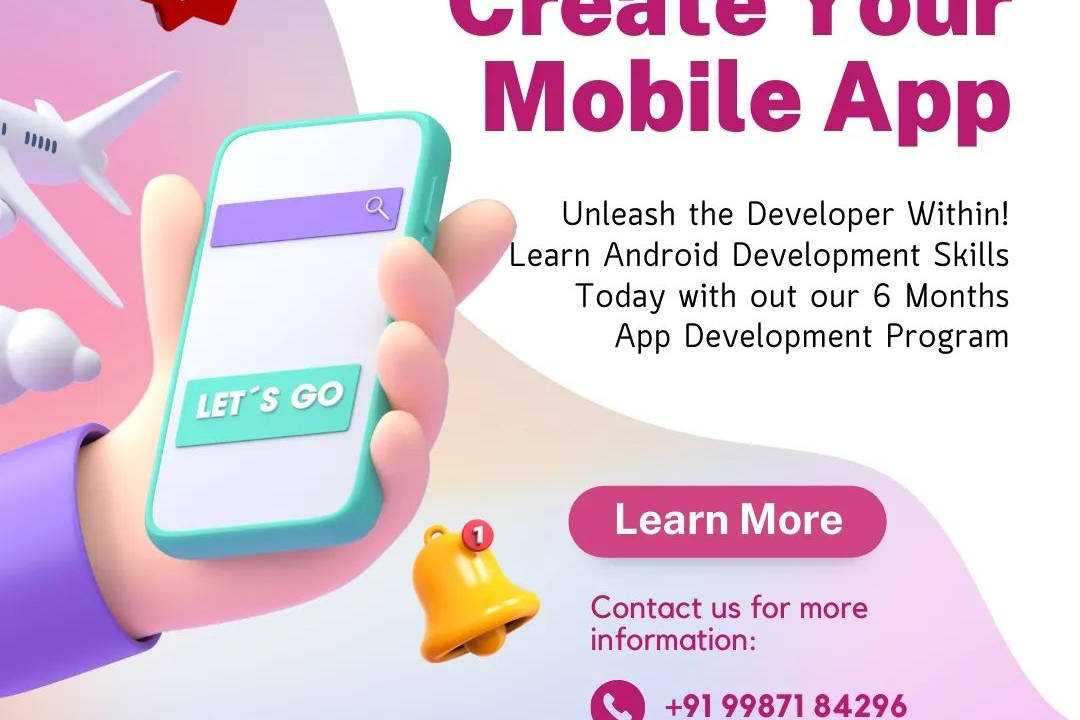Flutter Advanced Coding Techniques
Mastering Advanced Flutter Coding Techniques
Flutter Advanced Coding Techniques
Flutter advanced coding techniques involve leveraging state management solutions, such as Provider, Riverpod, or Bloc, to efficiently manage application state and facilitate reactive programming. Additionally, employing custom widgets and mixins can promote code reusability and maintainability by encapsulating specific functionalities or UI components. Asynchronous programming with Future and Stream classes enables handling data fetching and real-time updates gracefully, while using the `InheritedWidget` or `InheritedModel` allows sharing data across the widget tree efficiently. Advanced Flutter projects often incorporate animations and transitions to enhance user experience, utilizing the AnimationController and Tween classes to create fluid, responsive UIs. Finally, integrating unit and widget testing helps ensure code quality and reliability, enabling more maintainable codebases in complex applications.
To Download Our Brochure: https://www.justacademy.co/download-brochure-for-free
Message us for more information: +91 9987184296
1 - State Management: Explore various state management solutions like Provider, Riverpod, Bloc, and Cubit. Understand their use cases, pros and cons, and how to implement them effectively in complex applications.
2) Custom Animations: Learn how to create fluid and engaging animations using the Animation and AnimationController classes. Understand implicit and explicit animations, and how to leverage Flutter’s built in animation libraries to enhance the user experience.
3) Performance Optimization: Identify potential performance bottlenecks in Flutter applications. Techniques include using the Flutter DevTools to analyze performance, optimizing widget builds, and using ListView.builder for large lists.
4) Flutter Web and Desktop Support: Understand how to make applications that work across various platforms, including web and desktop. Learn about responsive design techniques and how to use the ‘flutter_web’ and ‘flutter_desktop’ libraries.
5) Dart Advanced Features: Delve into Dart specific advanced features such as mixins, generics, streams, futures, async/await patterns, and the use of packages to enhance productivity and code structure.
6) Testing and Test Driven Development (TDD): Teach students how to write unit, widget, and integration tests. Discuss the importance of TDD in Flutter, along with using the flutter_test and mockito packages.
7) Dependency Injection: Understand different patterns of dependency injection in Flutter, including using GetIt and Provider, which help manage dependencies and improve code modularity.
8) Custom Widgets and Composition: Empower students to create reusable, highly customizable widgets by understanding the widget lifecycle and the composition over inheritance principle in Dart and Flutter.
9) Internationalization (i18n) and Localization (l10n): Learn how to adapt Flutter applications for multiple languages and regions through effective use of localization libraries and tools.
10) Network and API Integration: Explore the use of HTTP requests for communicating with RESTful APIs using packages like dio and http. Understand error handling, request interception, and caching techniques.
11) Real Time Data with WebSockets: Teach how to integrate real time functionality in applications using WebSockets and Firebase’s Firestore for dynamic data updates.
12) Using Streams and StreamBuilder Effectively: Discuss the use of streams to handle asynchronous data and how to build dynamic UIs that react to data changes in real time.
13) Custom Render Objects: For those looking to deepen their understanding, explain how to create custom render objects for complex layouts and painting requirements.
14) Integrating Native Code: Introduce students to platform channels, allowing Flutter apps to call native Java/Kotlin (Android) or Objective C/Swift (iOS) code. Discuss scenarios where this is necessary.
15) Adaptive Designs for Different Screen Sizes: Teach students how to create adaptive layouts using MediaQuery, LayoutBuilder, and other responsive design principles to cater to various device sizes.
16) Using Packages and Plugins: Familiarize students with the Flutter ecosystem by exploring popular packages available on pub.dev, and understanding how to create and publish custom packages.
17) Implementing MVC/MVP/MVVM Patterns: Discuss architectural patterns that can help structure code better. Understanding MVC, MVP, or MVVM can aid in maintaining a clean separation of concerns in Flutter projects.
18) Efficiently Handling User Input: Explore advanced techniques for handling user input, including form validation, gesture detection, and managing focus nodes.
These topics will equip students with a range of advanced Flutter techniques, enabling them to build robust, maintainable, and high performance applications.
Browse our course links : https://www.justacademy.co/all-courses
To Join our FREE DEMO Session: Click Here
Contact Us for more info:
Fragments
Flutter Mobile App Tutorial
Best Software Testing Institutes In Hyderabad With Placements
Flutter Training in Davanagere
Android App Courses Bikaner











